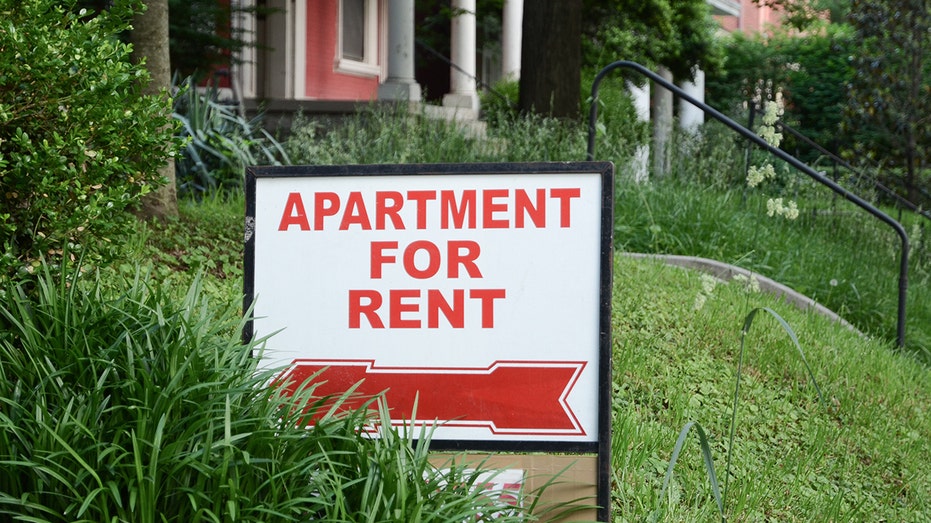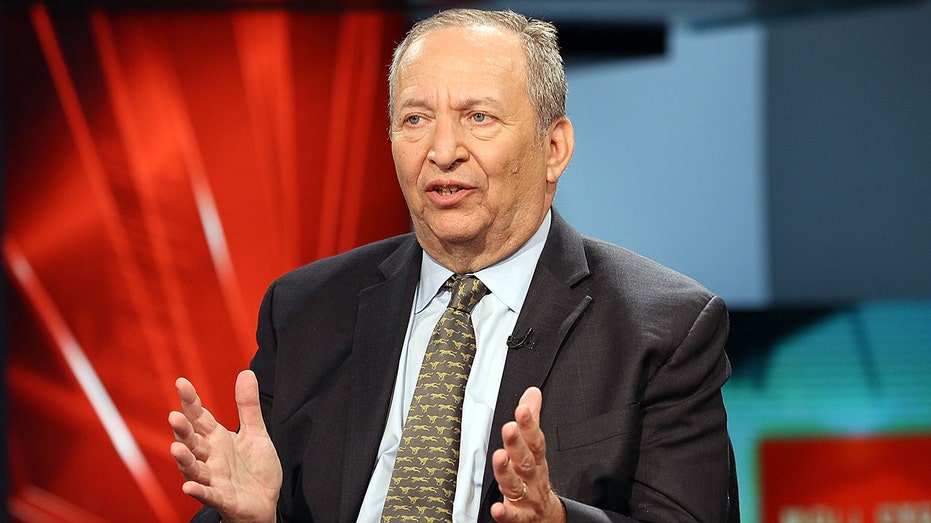Eviction ban rollback didn't result in 'vast wave' of filings, says Larry Summers
Some activists predicted millions could lose their homes
Fox Business Flash top headlines for December 30
Check out what's clicking on FoxBusiness.com.
Doomsayers were wrong to predict a massive wave of evictions following the removal of a ban on filings during the coronavirus, former Treasury Secretary Lawrence Summers argued on Friday.
"Four months after the COVID eviction ban was struck down, it is clear that no vast wave of evictions or evidence of broad suffering has emerged, despite the claims of many," he tweeted. "Similar reasoning likely applies to student debt."
EVICTIONS SLOWLY RISING AHEAD OF CHRISTMAS FOLLOWING END OF FEDERAL BAN
The Supreme Court struck down the administration's ban on evictions, prompting an outcry from many Democrats in Congress. Goldman Sachs predicted that the U.S. would see around 750,000 evictions while the National Low Income Housing Coalition reportedly said the inevitable consequence would be "millions of people losing their homes this fall and winter."
But a preliminary analysis by Princeton University's Eviction Lab indicated a much smaller change after the Supreme Court's decision. Tracking 31 U.S. cities and six states, the group saw 20.4% filed in the three months after SCOTUS's decision than the three months prior. At their highest level in October, evictions were recorded at 48,387 or 63.4% of the historical average.

Apartment for rent sign displayed on residential street. Shows demand for housing, rental market, landlord-tenant relations. (iStock / iStock)
"Fears of an immediate tsunami of eviction cases in the months following the end of the federal eviction moratorium have thus far not been borne out," the authors said.
HOME PRICES RISE, AND SINGLE PEOPLE ARE RUNNING OUT OF HOUSES TO BUY
They cautioned, however, that the future could be different as a variety of factors may have mitigated the effects of lifting the moratorium.
Those included Emergency Rental Assistance, which they noted is starting to run out in certain areas of the country.

Former Treasury Secretary and White House economic adviser Larry Summers is interviewed by FOX News' Maria Bartiromo at FOX Studios on May 24, 2017, in New York City. (Robin Marchant/Getty Images / Getty Images)
CLICK HERE TO GET FOX BUSINESS ON THE GO
"In August and September there were more programs to apply for rent and the money was arriving faster, but I think now landlords are getting tired of waiting for the help of the government," said Mitzi Ordoñez of the Texas Organizing Project in Houston.
Other potential factors included federal funds directed toward legal counsel and eviction diversion, federally established income supports, and lower rental demand in some areas.




















